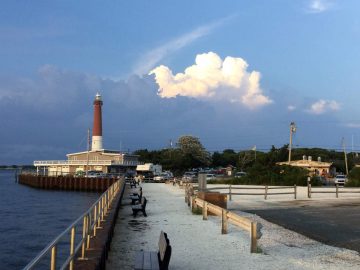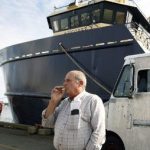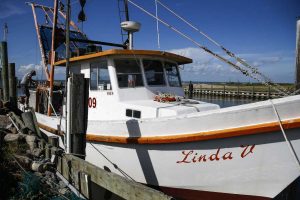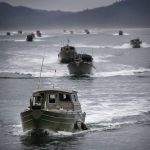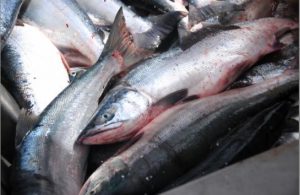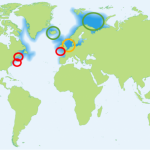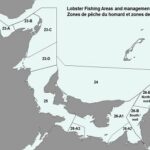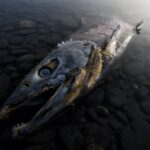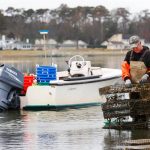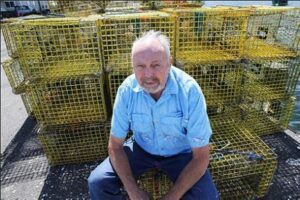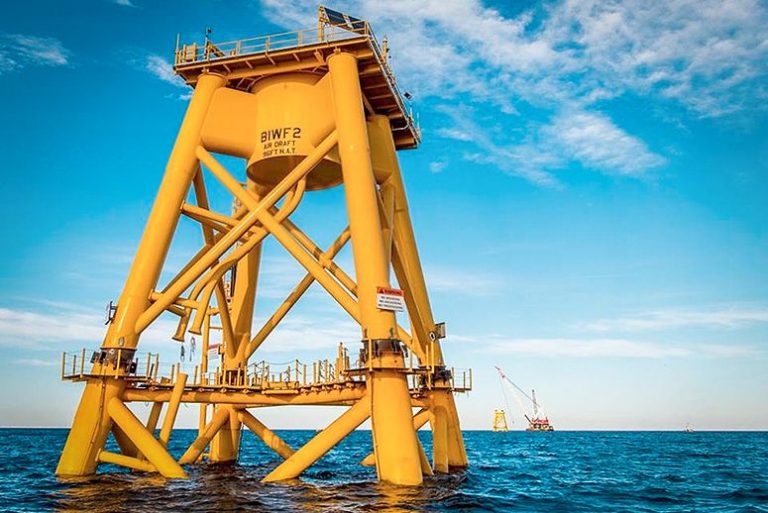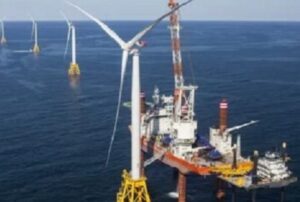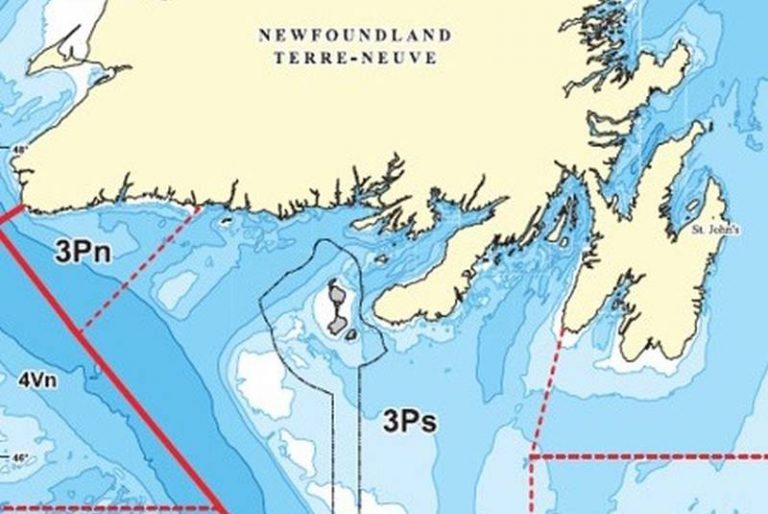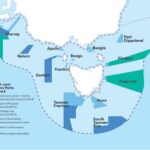Daily Archives: May 25, 2018
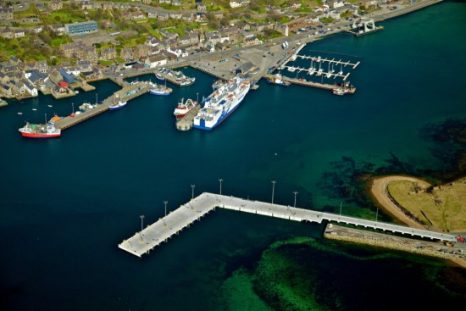
Ten-year transformation of Scottish fishing village wins top UK planning award
A 10-year plan to regenerate a declining fishing village in Scotland has won the top prize at a prestigious national awards ceremony. The plan for Stromness – which included extensive community input – was awarded the Silver Jubilee Cup, at the Royal Town Planning Institute’s (RTPI) Awards for Planning Excellence 2018 held in London last night. It also won in the Excellence in Planning for a Successful Economy category. The Awards for Planning Excellence are the most established and respected awards in the UK planning industry. >click to read<20:57

One step closer to a vote: Labour Relations Board orders hearing into FISH-NL’s application for certification
The Federation of Independent Sea Harvesters of Newfoundland and Labrador (FISH-NL) welcomes a decision by the province’s Labour Relations Board to order a hearing into its application for certification. “We’re one step closer to a vote,” says Ryan Cleary, President of FISH-NL. “But we need all hands to contribute to our Go Fund Me campaign to build the legal fund that’s critical to pushing this over the top.” Glenn Branton, CEO of the Labour Relations Board, wrote a notification earlier today to all parties involved in FISH-NL’s application. “The issue to be decided at the hearing will be which fishers should be included in the unit for the purpose of the Board deciding whether a certification vote should be held,” he wrote. >click to read<15:29

Newfoundland and Labrador seeks markets for seal products
Governments, organizations promote diversification of products to create more markets nationally and internationally – Cull the seals, save the cod. It’s a popular refrain, heard most loudly in Newfoundland and Labrador around this time of year as the Canadian commercial seal hunt is drawing to a close and as the Department of Fisheries and Oceans (DFO) releases quotas for cod and other groundfish species. The list of countries banning the import of seal products altogether climbed to 35 on the eve of the hunt last month when India — a country of 1.3 billion — joined the likes of the United States, Russia, Mexico and all of Europe. >click to read<09:41
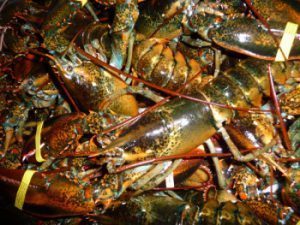
P.E.I. Lobster fishermen confused and frustrated over prices
Lobster fishermen are expressing frustration with prices for their catch at the wharf this spring being about the same as they were 16 years ago. “The harvesters of Prince Edward Island are experiencing a season that is both confusing and frustrating,” the P.E.I. Fishermen’s Association said in a news release issued early Friday morning. With the spring season coming up to the midway mark, the PEIFA says prices at the wharf in 2018 are comparable to what was being paid in 2002. >click to read<09:03

Feds limit chinook fishery to help resident killer whale recovery
The federal government is closing some recreational and commercial chinook fisheries on the West Coast in an effort to help save endangered southern resident killer whales. Fisheries Minister Dominic LeBlanc said Thursday that a lack of prey for the whales is one of the critical factors affecting their recovery. There are just 76 of the whales left and LeBlanc said in a news release that a reduction in the total chinook fishery of 25 to 35 per cent will help conserve the orca’s main food source. The closures will be in the Juan de Fuca Strait and around portions of the Gulf Islands, the department said in the release. >click to read<08:26
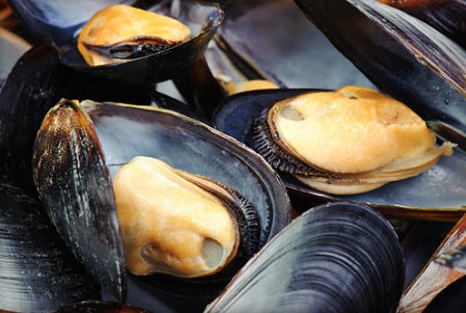
Waste Water Treatment Plants: Mussels off the coast of Seattle test positive for opioids
As more and more American communities grapple with opioid addiction, the human toll of the epidemic has grown in both scope and severity. And now, scientists at the Washington Department of Fish and Wildlife have found evidence that drug’s impact has literally flowed downstream to affect marine life, as well.,,, In three of the 18 locations, the mussels then tested positive for trace amounts of oxycodone. How, you ask? When humans ingest opioids like oxycodone, they ultimately end up excreting traces of the drugs into the toilet. Those chemicals then end up in wastewater. And while many contaminants are filtered out of wastewater before it’s released into the oceans, wastewater management systems can’t entirely filter out drugs. Thus, opioids, antidepressants, the common chemotherapy drug Melphalan — the mussels tested positive for all of them. >click to read<08:04






